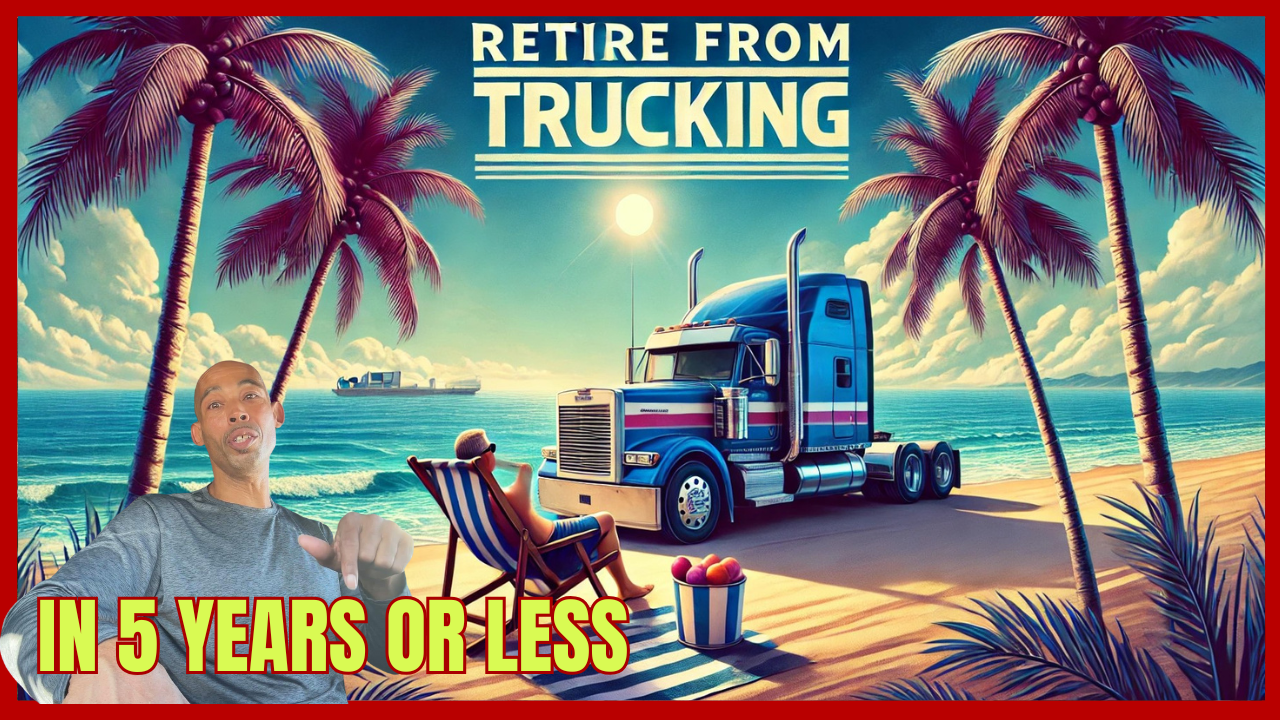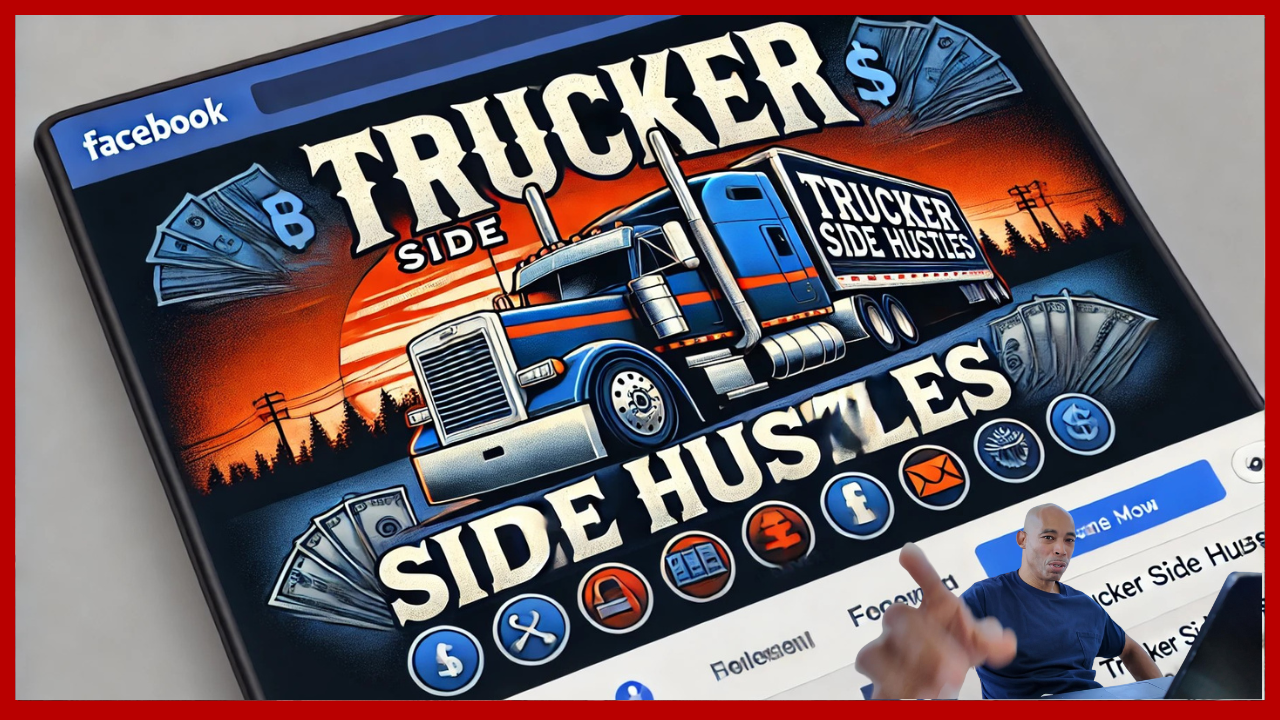Found Too Late: What One Trucker’s Death Says About the Industry That Keeps Ignoring Its Drivers
by TRUCKERS VA
(UNITED STATES)

TRAGEDY AT A TRUCK STOP, How many more before the industry wakes up?
Introduction:
To some, it might be just another unfortunate headline in a long list of industry tragedies. But if you drive for a living—or love someone who does—you already know this is way more than just one man’s story. It’s a flashing red warning light for the entire trucking world. And guess what? It’s been blinking for years.
Key Points:
Two Days, No One Checked
Let’s start with the timeline: The driver’s company last had contact with him two days before he was discovered in his sleeper cab. No wellness check. No emergency response. Just a slow, silent fade into the kind of solitude that too many truckers know all too well.
And here's the kicker: If that had been a lost load, someone would've sounded the alarm within hours. But a human being? Somehow, he got less urgency than a damaged pallet of frozen peas.
Truck Stops Are No Place to Die
Truck stops are the second home of the American driver. You eat there, sleep there, shower there—sometimes even celebrate holidays there. But what they’re not equipped for? Emergencies.
No medical staff. No routine wellness check systems. If something goes wrong, unless a fellow driver notices—or a company finally wonders where you are—you’re on your own. The saddest part? That’s become normal.
Health Risks No One Talks About
Trucking isn’t just a job—it’s a health hazard. Long hours behind the wheel, poor food options, limited access to exercise, and brutal sleep schedules create the perfect storm. We’re talking high blood pressure, diabetes, sleep apnea, obesity, heart problems—the list goes on.
This isn’t new. And yet, the industry still acts surprised when drivers collapse from preventable medical conditions after spending decades being treated like machines.
Isolation is the Real Killer
Most long-haul truckers drive alone. It’s just you, the road, and your thoughts for hundreds—sometimes thousands—of miles. No co-workers to spot the signs of a stroke. No boss to notice you look pale or weak. No one to say, “You okay, man?”
It’s not just loneliness. It’s physical vulnerability. In the trucking world, isolation isn’t
Multiple Perspectives:
Carriers Say: “We can’t track every driver in real-time.” But you track every stop, every break, every idle minute. You know how to contact a driver when a load is late—but not when he might be in trouble? That’s not a tech problem. That’s a priorities problem.
Drivers Say: “We’re told to be tough, push through, don’t complain.” And many do—right up until the day their body gives out.
Families Say: “We never got a call until it was too late.” And that’s a call no one ever wants to receive.
Old-School Veterans Say: “We didn’t need wellness checks back in my day.” Maybe. But back in your day, you didn’t have mandatory ELDs, skyrocketing delivery expectations, and a healthcare crisis in every truck stop diner.
Industry Response (or Lack Thereof):
Some fleets are starting to pay attention. A few now offer biometric wearables to track heart rate and health data. Others have invested in regular check-ins or mental health services—but those are the exceptions, not the rule.
Tech exists that can monitor a truck’s movement and alert dispatch if it’s been stationary too long. There are sensors that can tell if a driver hasn’t moved in hours. But are companies investing in those systems? Not many. Not yet.
And while peer support networks are growing on platforms like Facebook and YouTube, those are grassroots efforts—not industry standards.
Bottom Line:
This man’s death should never have happened like this. And it definitely shouldn’t happen again.
But unless something changes—unless someone starts caring more about the people than the pallets—it will. Again and again.
So here’s the real question: How long are we gonna keep treating drivers like disposable tools instead of human beings?
Call to Action (CTA):
For more trucking insights that actually care about drivers, visit lifeasatrucker.com. It’s a site made by truckers, for truckers.
And if you're reading this thinking, “What’s my exit plan if something happens to me?” — now’s the time to start building one. You can start earning money online using AI tools while you're still on the road.
👉 Head to truckersidehustle.com and get the free guide that’s helping drivers create income before burnout or emergencies strike. Don’t wait until it’s too late.
Join in and write your own page! It's easy to do. How? Simply click here to return to Trucking News.












